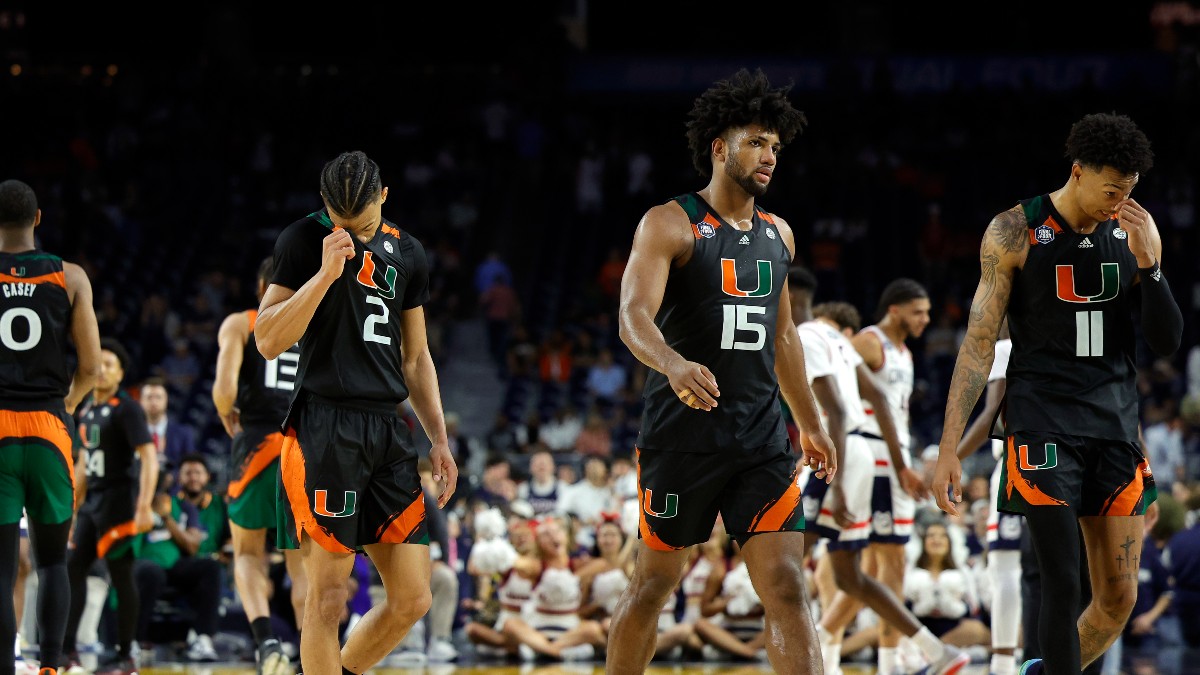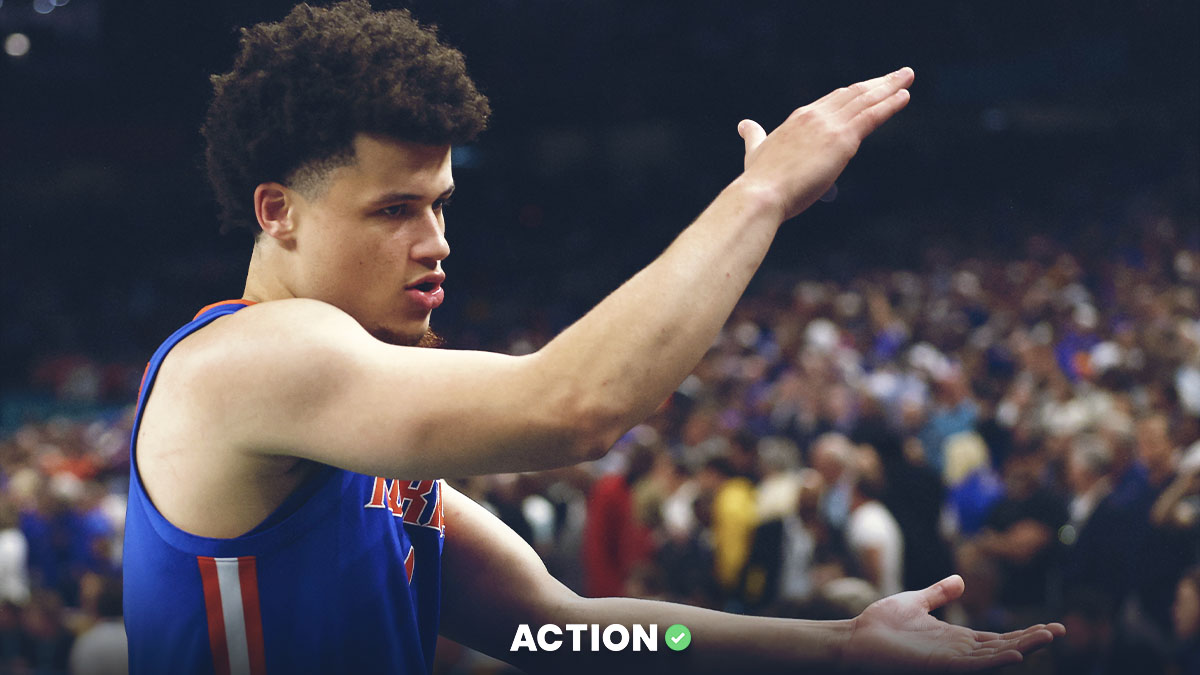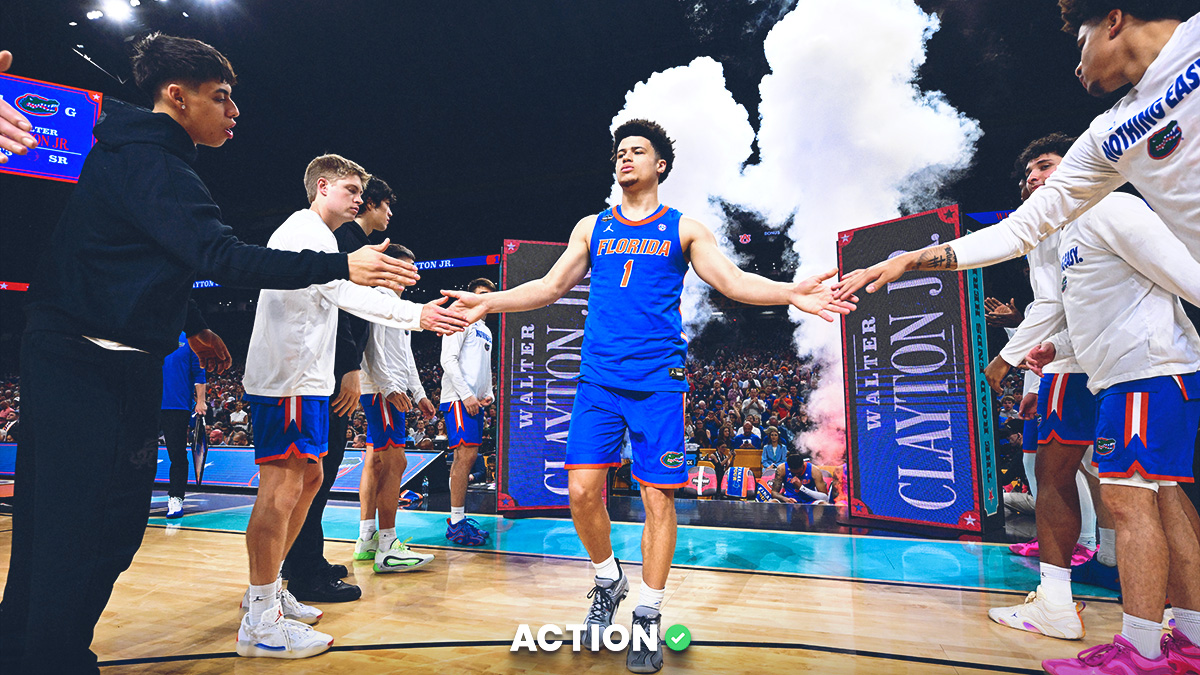A once-intimate business partner for noted Miami booster John Ruiz's company has sued, alleging Ruiz's LifeWallet is "effectively a Ponzi scheme."
Cano Health said in the lawsuit that Ruiz's company owes about $67 million, calling LifeWallet a "sham company" that made "misrepresentations" during contract negotiations.
The news comes roughly two weeks after LifeWallet was placed under civil and criminal investigations amid a precipitous downfall rife with fraud allegations and billions of dollars lost on paper.
Ruiz had once been the face of the name, image and likeness era of college athletics, doling out millions in sponsorship deals with players mostly from the University of Miami.
Ruiz struck NIL deals with four players who helped the Hurricanes to a Final Four appearance and to twin influencers Haley and Hanna Cavinder. One of the men's basketball players, Nijel Pack, transferred to Miami in large part due to Ruiz's NIL agreement.
But since those deals have been signed, LifeWallet has crumbled.
Ruiz's company had once been worth up to $33 billion on paper, the second-largest SPAC of all-time while trading at about $10 per share. Its stock price as of the end of trading on Wednesday? $0.13, down about 99%.
Along the way, the company has faced litigation from a former business partner that accused fraud, said its financials from 2022 were completely unreliable, missed several earnings deadlines and dramatically underdelivered on lofty profit projections.
For instance, much of the company's initial, sky-high valuation was based on what Ruiz and the company told investors were proprietary algorithms that allowed them to find the right healthcare cases, litigate them and make money. Ruiz claimed the company could recover up to $89 billion by doing this.
LifeWallet brought in only $23.4 million in revenue in 2022. The company's total operating loss was $402 million. And even those figures may be unreliable, the company said in a filing to the SEC in April.
And now, its newest development with Cano Health puts LifeWallet into an even deeper bind.
Cano alleges in its lawsuit that LifeWallet failed to deliver and register its stock on time, making the shares "worthless" and impossible to trade.
The lawsuit also alleges that the entire infrastructure of the company is meant to “prop up an absurdly over-inflated valuation,” spending 100 times what it has in cash on hand.
Cano alleges in the lawsuit that LifeWallet used that puffed up evaluation to convince investors to trade assets for shares that are now "worthless." Cano argued in the lawsuit that LifeWallet's business dealings "existed for the sole purpose of enriching its executives and insiders at the expense of its business partners and investing public."
There's perhaps no other company that worked as closely with LifeWallet as Cano did. When billionaire Barry Sternlicht left the board of Cano in March, he called out the Miami healthcare company’s relationship with LifeWallet — which he deemed to be too intimate.
A representative for Ruiz and LifeWallet did not respond to a request for comment made by the Action Network.
LifeWallet issued a countersuit against Cano, arguing that the dispute could be handled through arbitration.
















































